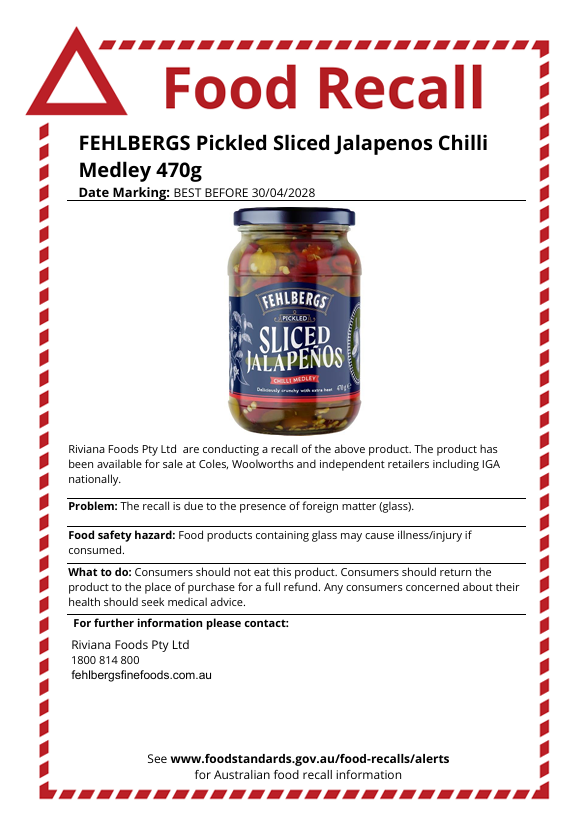The easing of border restrictions in December signalled some hope for foodservice businesses in an industry that relies heavily on migrants and tourists. Although this decision is a definite cause for optimism, many of the major issues plaguing the industry remain, at least for the short term.
One such issue is the staff shortage crisis and the constant challenges associated with it. This issue is not exclusive to the hospitality sector, but with such a reliance on migrant workers it has further burdened an already struggling industry.
There is hope that, with time, people will grow in confidence and be more willing to travel internationally. But for most businesses, waiting for this to eventuate simply isn’t an option. So, what can you do in the meantime?
It might not be the sexiest option out there, but scaling back should be a real consideration for savvy businesses. Reducing what you offer might seem like a back-step, but it could help improve service efficiency and relieve stress on your workforce. There are a few ways that hospitality businesses are choosing to scale back, so here are some ideas that might work for you:
1) Simplify the menu
Let’s face it, in today’s market the consumer is spoilt for choice. Despite the COVID-crunch, there is still a wealth of options for people to choose from and that’s before they get to the menu. However, anyone with a Netflix account will tell you that too many options can be a pain too.
Taking some of the less popular items off your menu not only removes some of the decision-making, but it also makes life easier for your employees. Which is especially important given the current skills shortage. Training fresh faces becomes a lot more manageable when there’s less on the menu.
Also consider buying products that make service more efficient (and less labour intensive) like pre-cut pineapple, pre-made sauces and pre-packed snacks.
2) Review hours of service
If you’re struggling to find staff to cover the hours, perhaps it’s time to make the hours work for you. It’s understandable for businesses to seek some consistency with their operating hours, but the current market could call for a different approach. Unfortunately, despite the lifting of lockdowns consumers are still hesitant to flock the streets, with fears of catching COVID keeping many at home.
If you’re thinking of limiting your operating hours, the important first step is identifying your busiest period. The next step is finding a clear and effective way to communicate opening hours to customers. If you can funnel business into shorter, more specific times it can limit the damage of staying closed over certain times.
3) Trim the fat
Much like trimming your menu, there might be some more broader elements of your service that you can remove (at least for now). If you’re predominantly a cocktail bar, is it essential for you to serve coffees as well? Focus on the elements of your business that make the most sense for what you offer and avoid doing things to compete. Your limited workforce is best served concentrating on what is important for you, rather than every possible thing you can offer.

